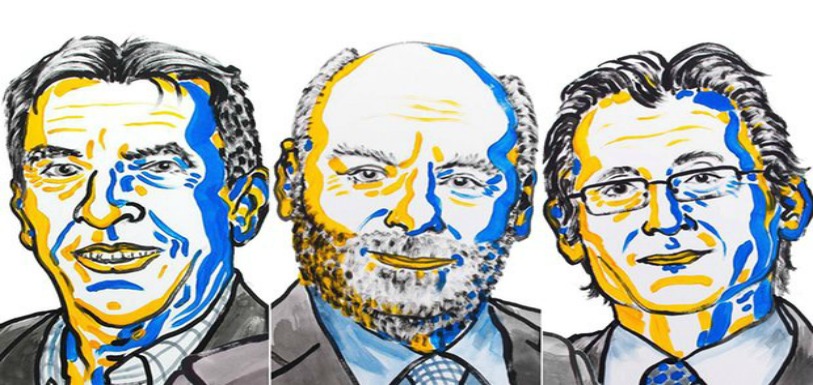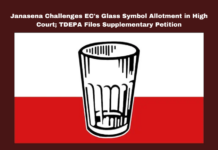Molecular machines that could be used to make new types of materials and energy storage devices or those injected to fight cancer, earned their developers the 2016 Nobel Prize.
A trio of European scientists won the 2016 Nobel Prize for Chemistry. The Noble Academy said on Wednsday., Scotland’s J. Fraser Stoddart, Frenchman Jean-Pierre Sauvage and Dutchman Bernard Feringa developed molecules that produce mechanical motion in response to a stimulus, allowing them to perform specific tasks. They were awarded the 8 million Swedish crown ($931,000) prize.
This year’s recognition was “all about the world’s tiniest machines”, said Goran Hansson, a member of the Royal Swedish Academy of Sciences which conferred the award.

Smart materials that can adapt in response to external triggers such as changes in light or temperature or smart medicines that seek out disease or damage and deliver drugs to fight or fix it can use such molecular machines.
“Think of a tiny micro-robot that a doctor in the future will inject into your blood and that goes to search for a cancer cell or goes to deliver a drug, for instance.”
Feringa, a professor of organic chemistry at the University of Groningen in the Netherlands told reporters, “There are endless possibilities,” in response to predict what his work could eventually be used for.





























